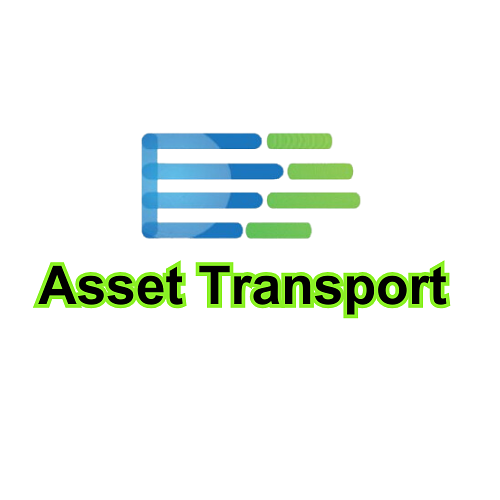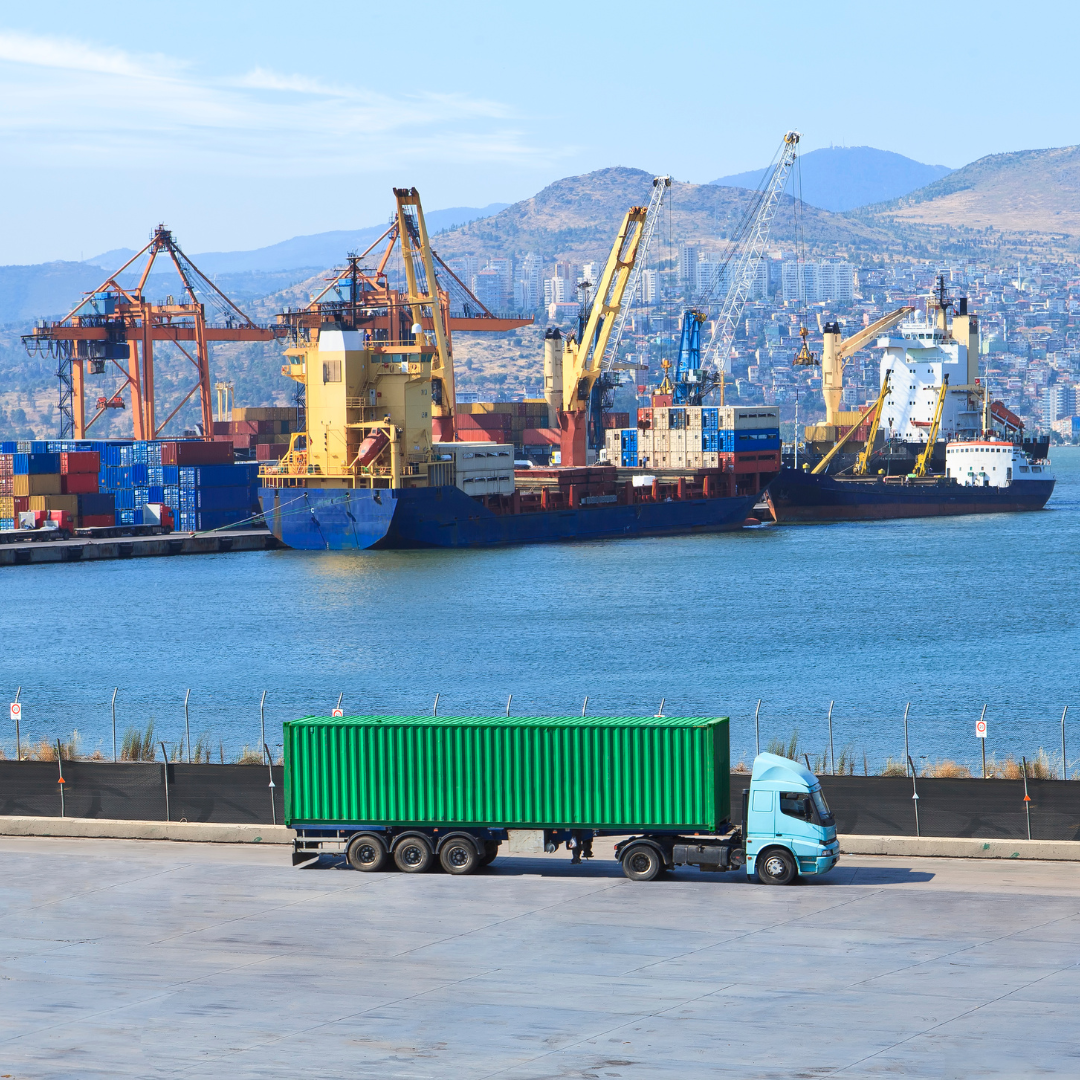The freight shipping industry has rapidly evolved due to advancements in technology, automation, and the growing complexity of global trade. Despite these advancements, outdated practices and misinformation continue to persist, causing businesses to make costly mistakes. Many of these misconceptions originate from older shipping models that no longer reflect the realities of modern logistics.
Understanding the true dynamics of freight shipping is essential for businesses to control costs, ensure timely deliveries, comply with regulations, and mitigate risks. Below, we debunk 12 common myths surrounding freight shipping and provide insights to help businesses improve their operational efficiency and competitive advantage.
Myth #1: The Cheapest Quote Is Always the Best Deal
The Reality
While a low-cost quote may seem appealing, it does not necessarily equate to the best value or service quality. Many low-cost options include hidden fees like fuel surcharges, accessorial charges, or additional handling costs. Some budget carriers may cut corners, leading to poor communication, shipment delays, or damaged goods.
Long-term costs such as replacement fees, lost inventory, and dissatisfied customers can far outweigh the initial savings. Instead of simply choosing the lowest bid, businesses should consider service quality, reliability, and total cost of ownership.
Myth #2: All Freight Carriers Offer the Same Service
The Reality
Freight carriers vary significantly in their specializations, geographic coverage, equipment, service levels, and technology integration. Some carriers specialize in refrigerated transport, while others focus on oversized loads or time-sensitive shipments.
Carriers also differ in their service levels, offering anything from standard to expedited shipping. Additionally, some provide real-time tracking and analytics, while others have limited technological capabilities. Choosing the right carrier depends on the unique needs of the shipment.
Myth #3: Freight Class Doesn’t Affect Costs Significantly
The Reality
Freight class plays a critical role in determining shipping costs and operational efficiency. Incorrect classification can lead to unnecessary expenses, billing disputes, and shipping delays.
Common errors include misidentifying commodities, incorrect weight or dimension estimates, and failing to account for handling difficulty. Ensuring accurate freight classification prevents unexpected cost increases and logistical complications.
Myth #4: Insurance Isn’t Necessary If Using a Reputable Carrier
The Reality
Even with reputable carriers, liability limitations may leave businesses exposed to significant financial loss in the event of damage or theft. Some carriers' liability policies exclude certain damages, including those caused by natural disasters, packaging issues, or acts of God.
Freight insurance ensures full protection, covering losses beyond a carrier’s standard liability limits. Investing in insurance provides peace of mind and financial security.
Myth #5: Small Businesses Can’t Access Premium Freight Services
The Reality
Small businesses now have more access to high-quality freight services than ever before, thanks to freight brokers, digital marketplaces, and innovative shipping solutions. Freight brokers negotiate competitive rates, streamline carrier selection, and simplify logistics management.
Advanced freight technologies, such as automated booking, real-time tracking, and predictive analytics, are now accessible to businesses of all sizes, enabling small businesses to compete with larger enterprises.
Myth #6: Transit Times Are Guaranteed
The Reality
Transit times are influenced by various factors, including weather, traffic conditions, supply chain disruptions, and global events. While estimated transit times provide a general guideline, unexpected delays can still occur.
Businesses should plan for potential disruptions by adding buffer time, utilizing real-time tracking tools, and maintaining flexible logistics strategies.
Myth #7: Packaging Doesn’t Matter for Large Shipments
The Reality
Proper packaging plays a crucial role in ensuring shipment safety, cost-effectiveness, and regulatory compliance. Poorly packaged freight may lead to increased damage risks, additional fees, or even shipment rejection by carriers.
Optimized packaging helps reduce freight class discrepancies, minimize space requirements, and lower shipping costs. Businesses should invest in durable materials and secure packaging methods to protect their goods.
Myth #8: Truckload Shipping Is the Only Option for Large Shipments
The Reality
For shipments that don’t require a full truckload, options like Partial Truckload (PTL) and Shared Truckload (STL) can be more cost-effective. These solutions allow multiple shipments to share a truck, reducing costs and improving efficiency without the need for a dedicated truckload.
Myth #9: Technology Hasn’t Transformed Freight Shipping
The Reality
Technology has significantly enhanced the freight industry, improving route optimization, shipment tracking, and cost efficiency. GPS tracking, RFID tags, Internet of Things (IoT) devices, and blockchain technology are now commonly used to streamline operations.
Electronic bills of lading (eBOL), automated rate comparisons, and predictive analytics further simplify logistics management, reducing human errors and improving transparency.
Myth #10: Claims Processing Is Always a Nightmare
The Reality
Modern technology has streamlined claims processing, making it faster and more efficient. Digital submissions, automated tracking, and real-time notifications help expedite claim resolutions.
To ensure smooth processing, businesses should maintain proper documentation, including bills of lading, proof of loss, and inspection reports. Proactively addressing damage issues can also prevent claim denials.
Myth #11: Freight Brokers Are Unnecessary Middlemen
The Reality
Freight brokers play a valuable role in connecting shippers with reliable carriers, negotiating better rates, and managing logistics. They have industry expertise and leverage carrier relationships to provide businesses with cost-effective and efficient shipping solutions.
Brokers also handle the complexities of carrier vetting, compliance, and dispute resolution, saving businesses time and money.
Myth #12: Using Multiple Carriers Saves Money
The Reality
While shopping around for multiple carriers may seem like a cost-saving strategy, it can lead to inefficiencies, miscommunications, and inconsistent service quality. Building a long-term relationship with a trusted logistics provider can often result in better rates, priority service, and improved shipment reliability.
Conclusion: Partner with Asset Transport for Reliable Freight Solutions
Debunking these common myths is essential for making informed freight shipping decisions. To optimize your shipping strategy, it’s crucial to partner with a knowledgeable and reliable logistics provider.
Asset Transport offers customized freight solutions that ensure efficiency, cost savings, and peace of mind. Whether you need full truckload, partial truckload, or shared truckload services, we provide advanced tracking, expert logistics management, and seamless shipping solutions tailored to your business needs.
Contact Asset Transport today and experience hassle-free freight shipping!

